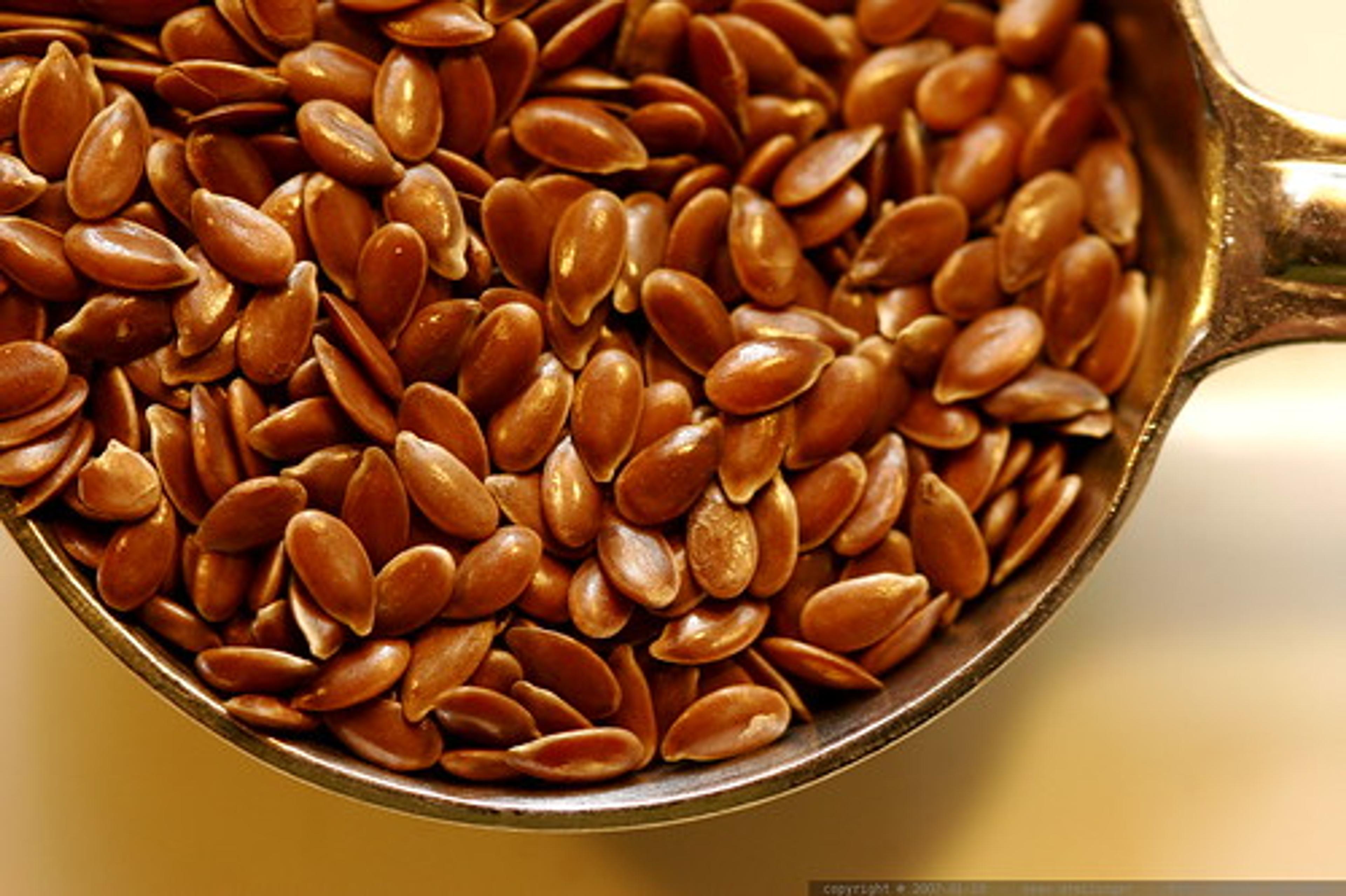Some facts on flax

David Lingholm
| 2 min read

Breakfast in my house is usually not a complicated meal. A cup of Greek yogurt and a handful of berries with a little ground flaxseed sprinkled on top usually compliments my morning cup of coffee. It is a tasty combination that does not require much work or planning to execute in the morning, which is probably why it’s on my table most mornings.
It is also a pretty powerful nutritional combination. The Greek yogurt is high in protein, low in fat and packed full of probiotics. The berries, especially blueberries, pack a strong nutritional punch that is full of fiber. The coffee has been shown to reduce the risk of dying from heart disease.
Flaxseed benefits
The flaxseed could be the healthiest thing about my morning meal, one of the best superfoods. Recent studies have shown that flaxseed can be a powerful fighter against breast and prostate cancers. The seeds are packed full of Omega-3 fatty acids, a proven fighter against cardiovascular disease, and they help reduce the inflammation that leads to asthma, rheumatoid arthritis and migraine headaches.
Most research agrees that using ground flaxseeds packs the biggest nutritional punch. The oil doesn’t have the fiber the seeds provide, and the tough little seeds are hard for your body to digest, so the healthy properties of the seeds are not absorbed by your body. With that in mind, there are many ways to incorporate more flaxseed into your diet too — even if Greek yogurt isn’t your breakfast food of choice.
Here are a few recipes:
How do you incorporate flaxseed into your diet?
Photo credit: sean dreilinger





